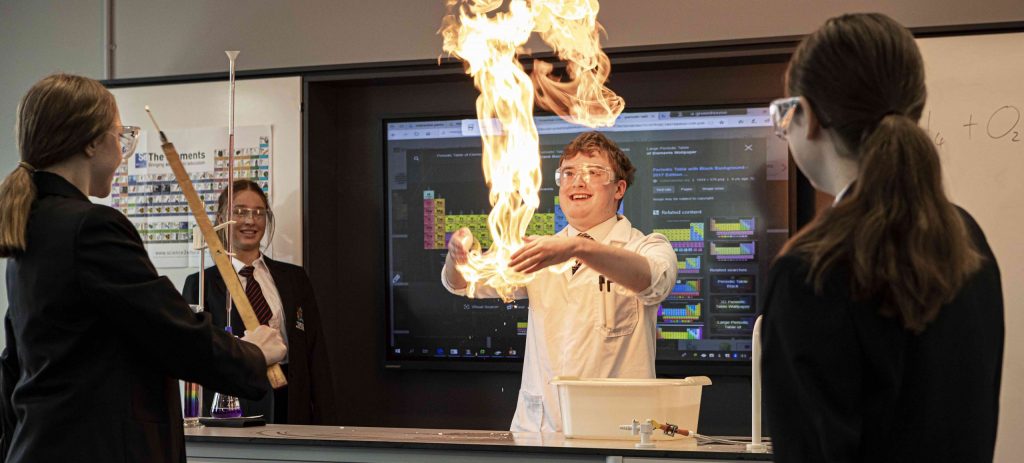Religious Education enables pupils to engage critically with significant ethical, philosophical and social issues in order to understand the world we live in more fully.
We believe that the study of Religious Education develops excellent general and subject specific knowledge, fosters a love of learning, develops self-identity and extends the capacity of our pupils to flourish in a diverse society.
In lessons pupils are encouraged to develop their own considered opinion, to articulate their views, and engage in productive dialogue and debate with others. Therefore they will develop the skills of listening, speaking and discussing, as well as those of enquiry, analysis and evaluation.
At KS3 pupils learn about a wide range of religious beliefs and practices, including non-religious world views.
This fits in with the overarching aims of the National Curriculum whereby schools should offer a balanced and broad experience which:
- promotes the spiritual, moral, cultural, mental and physical development of pupils at the school and of society, and
- prepares pupils at the school for the opportunities, responsibilities and experiences of later life.
Our KS3 Religious Education curriculum is also compliant with The Agreed Birmingham Syllabus for Religious Education.

RE at KS4
Religious Education is a statutory subject at KS4 and as such all pupils study Religious Education as a part the Personal, Social and Health Education curriculum, supporting Social, Moral, Spiritual and Cultural development.
In addition, we offer GCSE Religious Education as an option subject to those with a special interest in gaining a qualification in this area. The GCSE Religious Studies is a highly successful with some of the best results in the school. We study AQA Religious Studies A.
There are two components that make up the GCSE. This page gives a brief outline of the areas of study in the specification:
1: The study of religions, beliefs and teachings – (Pupils study Christianity and Islam).
Topics within the study of Christianity are as follows;
- Key beliefs
- Jesus Christ and salvation
- Worship and festivals
- The role of the church in the local and world-wide community
Topics within Islam include:
- Key Beliefs
- Practices
- Worship
- Duties, festivals and commemorations and their importance for Muslims in Great Britain today.
Written examination: 1 hour and 45 minutes (50% of the qualification)
2. Thematic Studies
This component will consist of four religious, philosophical and ethical themes:
- Relationships and families
- Religion and life
- The existence of God and revelation
- Religion, peace and conflict.
Written examination: 1 hour and 45 minutes (50% of the qualification)
2-Year KS4
| Year 10 |
|---|
| Christianity Key beliefs The nature of God Different Christian beliefs about creation including the role of Word and Spirit (John 1:1-3 and Genesis 1:1-3). Different Christian beliefs about the afterlife and their importance, including: resurrection and life after death; judgement, heaven and hell. Jesus Christ and salvation Beliefs and teachings about: the incarnation and Jesus as the Son of God, the crucifixion, resurrection and ascension, sin, including original sin, the means of salvation, including law, grace and Spirit. The role of Christ in salvation including the idea of atonement. Practices Worship and festivals Different forms of worship and their significance: liturgical, non-liturgical and informal, including the use of the Bible, and Private worship. Prayer and its significance, including the Lord’s Prayer, set prayers and informal prayer. The role and meaning of the sacraments. The role and importance of pilgrimage and celebrations including: Lourdes and Iona, Christmas and Easter, including their importance for Christians in Great Britain today. The role of the church in the local and worldwide community. The role of the Church in the local community, including food banks and street pastors. The place of mission, evangelism and Church growth. The importance of the worldwide Church. |
| Theme A – relationships and families. Sex, marriage and divorce Families and gender equality Theme B – Religion and life The origins and value of the universe The origins and value of human life |
| Year 11 |
|---|
| Islam Key Beliefs The six articles of faith in Sunni Islam and five roots of Usul ad-Din in Shi’a Islam, Tawhid (the Oneness of God), Qur’an Surah 112. The nature of God. Angels, their nature and role. Predestination and human freedom and its relationship to the Day of Judgement. Akhirah, human responsibility and accountability, resurrection, heaven and hell. Authority Risalah including the role and importance of Adam, Ibrahim and Muhammad. The holy books: Qur’an: revelation and authority, the Torah, the Psalms, the Gospel, the Scrolls of Abraham and their authority. The imamate in Shi’a Islam: its role and significance. Practices Worship Five Pillars of Sunni Islam and the Ten Obligatory Acts of Shi’a Islam. Shahadah: declaration of faith and its place in Muslim practice. Salah and its significance: how and why Muslims pray. Duties and festivals: Sawm: the role and significance of fasting during the month of Ramadan. Zakah: the role and significance of giving alms. Hajj: the role and significance of the pilgrimage to Makkah Jihad: different understandings of jihad: Festivals and commemorations and their importance for Muslims in Great Britain today. Theme C – The existence of God Philosophical arguments for and against the existence of God The nature of the divine and revelation Theme E – Religion crime and punishment Religion, crime and the causes of crime Religion and punishment. |
Career Opportunities
A GCSE in Religious Education is a useful qualification for any career that involves working with people, e.g. teaching, nursing, social work, police force, human resources management, journalism and law.



